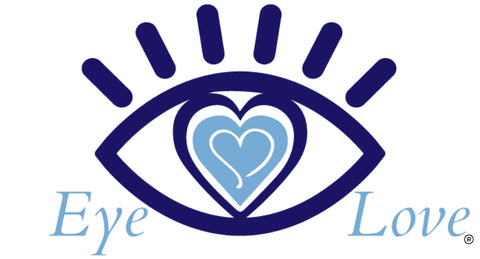Rheumatoid arthritis causes complications that occur throughout all major parts of the body. We often associate it with inflamed joints that cause stiffness and pain, but there are other complications to be aware of. One of these risk factors is the difficulty some face with the various forms of dry eye syndrome.
Rheumatoid arthritis specifically affects the eyes with inflammation, similar to Sjogren's syndrome. The complications of inflammation occur on the episclera. This is a thinly constructed membrane that covers the white portion of the eyeball. The inflammation of this membrane is common with symptoms experienced under rheumatoid arthritis. Though not an extremely dangerous condition, when left untreated, this inflammation leads to pain, redness, and swelling. The specific inflammation of the eye's whiter portion is called scleritis and happens at much more dangerous levels. If this is left untreated, blindness is possible.

As for rheumatoid arthritis' ability to put people at risk for the syndrome known as Sjogren's, it begins by attacking the immune system. Since the tear glands, also called the lacrimal glands, respond as a means to deter foreign bodies and to cleanse the eye when the immune system is affected, they are affected quickly.
The results are evident and common. Those with this affliction get a very dry sensation as well as a gritty feel. Severe cases of dry eye may cause the eyes to get infected if left untreated. The best treatments for dry eye due to RA are often steroid eye drops, and medications such as Restasis and Xiidra. Omega-3 fatty acids can also be helpful because they fight inflammation, and our Eye Love Dry Eye Omega 3 is a great one to try out.
Secondary Symptoms Associated with Rheumatoid Arthritis
- Uveitis: The vascular portion of the eye has a layer known as the uvea. This specific membrane is wedged between your sclera and your retina. The symptoms associated with uveitis bundle up as potential vision loss, redness, a high sensitivity to light and pain for those who have it. This secondary result of arthritis is reactive and can cause vision loss if untreated.
- Cataracts: Those with with rheumatoid arthritis can have a genetic disposition for an increase in eye inflammation. Severe inflammation causes the clear part of the eye's lens to cloud up, blurring vision. Most of us know this as cataracts. The result is poor sight, poor ability to distinguish between colors, and bad night vision. Cataracts can be treated with surgery.
For those with rheumatoid arthritis, yearly comprehensive eye exams are a must. If you suffer from this condition, the eyes may be easily affected. Get in and see your eye doctor today!
One Love,
Dr. Travis




